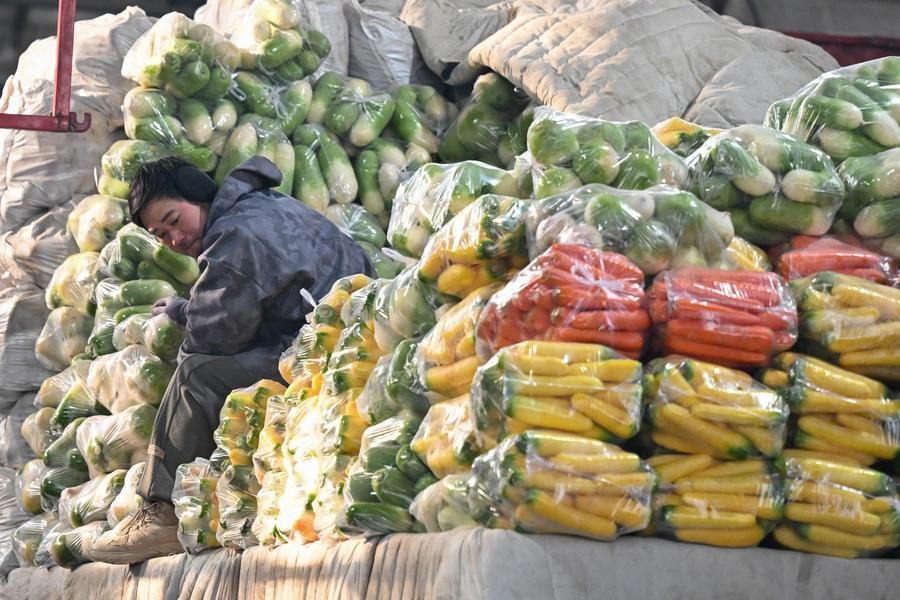Chinese medics offer vision of hope overseas


The stigma surrounding sunglasses and the widespread poverty among the local people have contributed to the relatively high rate of cataracts in Cambodia, according to Zeng.
In a study published in 2000, cataracts were found to account for 65 percent of blindness and 75 percent of visual impairment in the country. Those rates are probably higher now, given the rapidly aging population.
Heavy case load
Another factor contributing to the problem is that although 8,000 people need cataract surgery in Kampong Cham, there are only two resident ophthalmologists in the province. One is Por Norin, head of the Ophthalmology Department at the provincial hospital.
"It's a given that we're undermanned," he said, adding that he and his colleague perform an average of 300 cataract operations every year, but they would need to perform more than 1,000 to significantly reduce the case load. He said a lack of medical professionals and poor public awareness of optical health has restricted the number of operations performed in the past decade.
"It's great to have Chinese doctors and nurses with us in Kampong Cham contributing their expertise and time to help ease the workload," he added.
The two mobile operating rooms may eventually enable local medical staff to visit isolated villages and help people who require cataract surgery.
Impaired vision and blindness are also a blight on the Cambodian economy because they affect productivity. The global economy loses $227 billion every year to lost productivity as a result of poor vision, according to a 2016 report from the World Economic Forum.
Ngy Meng, director of the National Program of Eye Health in Cambodia, said the cataract surgery campaign will help to strengthen Kampong Cham's economy.
"The current situation regarding cataracts in Cambodia reminds me of the Chinese mainland 15 years ago," said Zhong Haibin, a lead ophthalmologist with The Belt and Road Cataract Blindness Eradication Campaign.
"As China's healthcare system has matured, we, the nation's physicians, feel it is our duty to provide help in countries participating in the Belt and Road Initiative."
Many members of the medical team have spoken of the satisfaction they gained from helping cataract patients.
In an exclusive interview with China Daily, Leung, of the CPPCC, noted that the campaign goes far beyond the usual economic collaborations that underpin the initiative, and it has created an unprecedented medical partnership between the Chinese mainland, Hong Kong and Cambodia.
He said the campaign aims to "achieve shared growth through discussion and collaboration", which is a major part of the initiative as proposed by President Xi Jinping and accords with China's actions to deepen reform and opening-up.
A new life
Back at the hospital, Om Saroeun was able to walk into the examination room unassisted. Having listened to the doctors, she was wearing sunglasses to prevent irritation to her right eye.
Sitting among a group of locals who had also just undergone surgery, she was told she could go home.
"The first thing I want to do now is work in the rice paddy so I can maintain myself," she said.
The operation only took 15 minutes of Om Saroeun's life, but the effect has been miraculous. She has been spared a life of darkness and is now ready once again to take care of herself and earn a living.
- Shanghai braces for record passenger numbers during Spring Festival
- China’s disciplinary bodies penalize over 3,700 staff in 2025
- Radiopharmaceutical development alliance launched in Shanghai
- Kelsang Pedron: A Tibetan female pilot in the Chinese PLA Air Force
- China expands rural land contract extension pilot program
- Fiber chip thinner than a hair





































